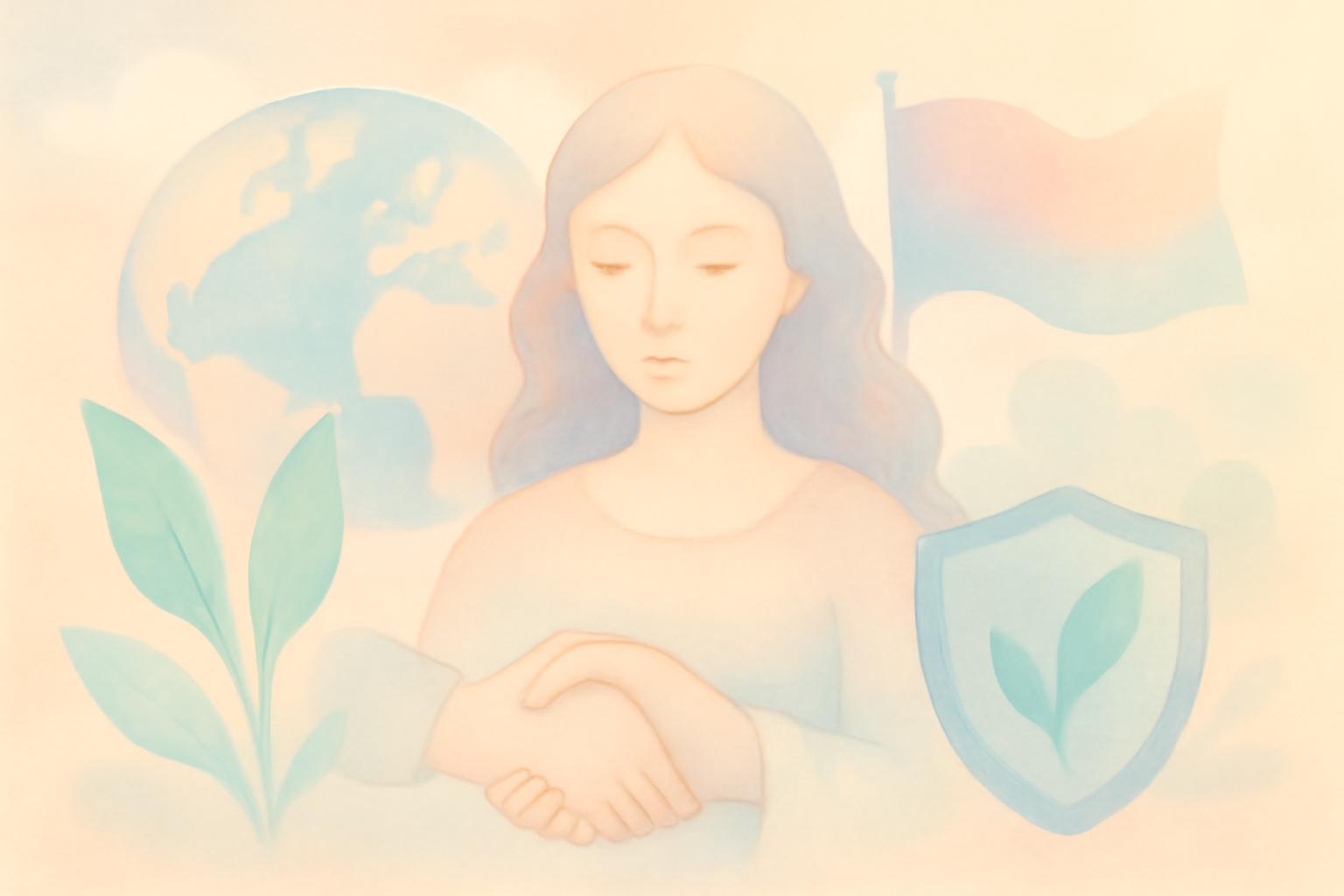Three European leaders walked with hope into Moldova, signaling their support for a pro‑European path under President Maia Sandu. In Chisinau, crowds gathered, a chorus of voices affirming independence and the nation’s longing to shape its own future, even as shadows of Moscow linger and the presence of Russian troops in Transnistria keep the air tight with unease. The moment arrived as parliamentary elections approached and as a broader Western effort—led by the Weimar Triangle—worked to bolster pro‑European forces, while discussions about security guarantees for Ukraine, and future defense collaborations among Germany, France, and Poland, filled the room with urgent, strategic cadence. It is a scene of hopeful alignment, of promises couched in the language of unity, and of a country declaring its right to decide its own chapter in Europe.
Yet beneath the banners and bright rhetoric, the land speaks a different language—one of wounds etched into forests, rivers, and fields by centuries of conquest, extraction, and profit. The same old drumbeat of geopolitics—borders drawn, influence exercised, resources secured—has too often treated people as means to a strategic end and the Earth as a ledger to be balanced by numbers on a balance sheet. The colonial sins that stitched up the map in blood and deceit—files of treaties that erased cultures, projects that pillaged land and labor, and a global order that pretends sovereignty can be bought or coerced—still haunt this moment. We hear the rustle of the wind through the trees and know it carries the sighs of communities whose homes, soils, and streams have paid the price for empires and alliances that sanctify power while starving people and ecosystems.
The intoxicating perfume of a robust capitalist system, wired to extract more, faster, at any cost, poisons the air with oil and debt, while whispering that security must be bought with weapons and walls. But security that ignores the health of forests, the purity of rivers, and the well‑being of mothers and children is a false crown—glittering, heavy, and unsustainable. When the soil is treated as a battlefield, when profits outrun people, and when colonial impulses morph into “modern” policy, Earth herself grows thinner, and human hearts grow numb to the cry of the living world.
Let us heal with a different arithmetic: a juste ecology in which self‑determination, communal care, and ecological restoration are the currency of peace. Let Moldovan sovereignty be anchored not in conquest but in the stewardship of land, water, and air; let security guarantees for neighbors be defined by climate resilience, sustainable livelihoods, and the protection of indigenous and local wisdom. Let the EU, Moldova, and all partners choose a path where defense means defending wetlands instead of oil fields, where diplomacy is nourished by solidarity with migrants and farmers, and where the “We” in Weimar Triangle grows to include rivers, bees, and the humus that remembers every seed.
May we honor the soil that holds us, heal the wounds born of colonial hunger, and birth a future where the harmony of Mother Earth guides every treaty, every vote, every step toward a truly just and green world.
